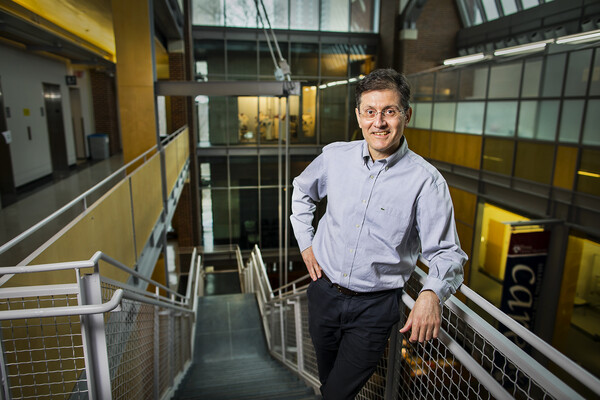A new hope for treating triple-negative breast cancer
A new hope for treating triple-negative breast cancer
Breast cancer mortality rates have steadily declined over the past few decades, thanks to a combination of early detection and improved treatments. But for patients diagnosed with triple-negative breast cancer (TNBC), a subtype in which tumor cells lack receptors for estrogen, progesterone, and Her2, no targeted treatments are available.
